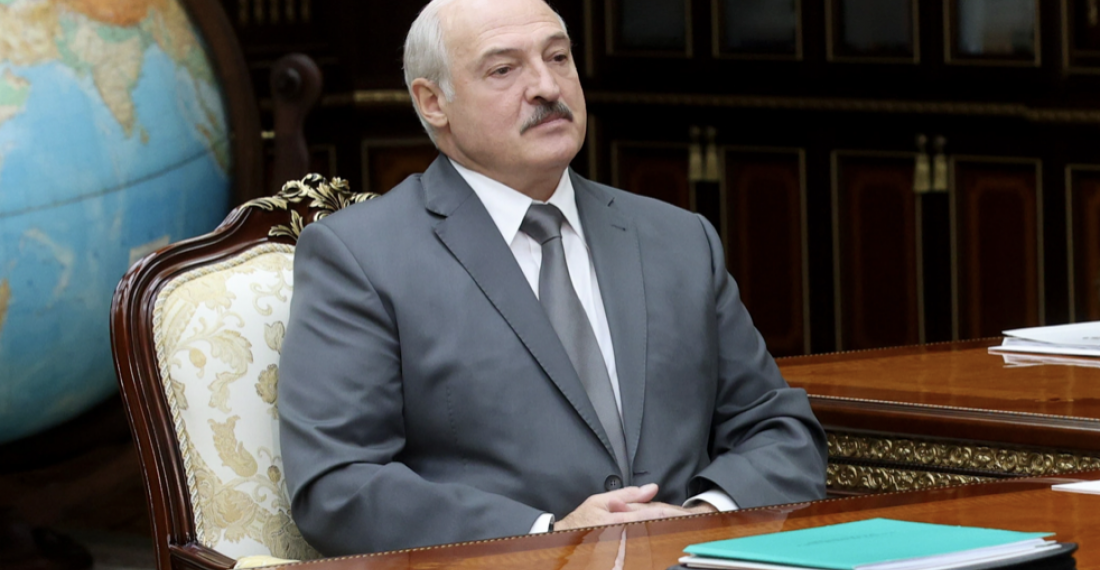The European Union (EU) has extended by one year - until the end of February 2022 - sanctions against high-ranking Belarusians. The sanctions list includes seven organisations and 88 individuals, including the President of Belarus Aleksandr Lukashenko.
The EU Member States agreed in December on the third round of sanctions against the president and his supporters. After the fraudulent presidential election in August 2020 and the ensuing wave of demonstrations which the Belarusian authorities have violently repressed, the EU imposed sanctions in October, November and December 2020, thereby signalling to the political and economic actors responsible that their actions and support for the regime would come at a cost.
Among them are prominent businessmen, such as manufacturers of military vehicles and surveillance equipment. They are banned from entering the EU and from accessing their assets there.
The list also includes people the EU believes are responsible for fraud in Lukashenko's re-election in August and the crackdown on protests demanding his departure.
Foreign ministers of EU countries said after their meeting last week that they were considering more punitive measures. Meanwhile, the EU continues to support civil society organisations and independent journalism in the former Soviet republic.






